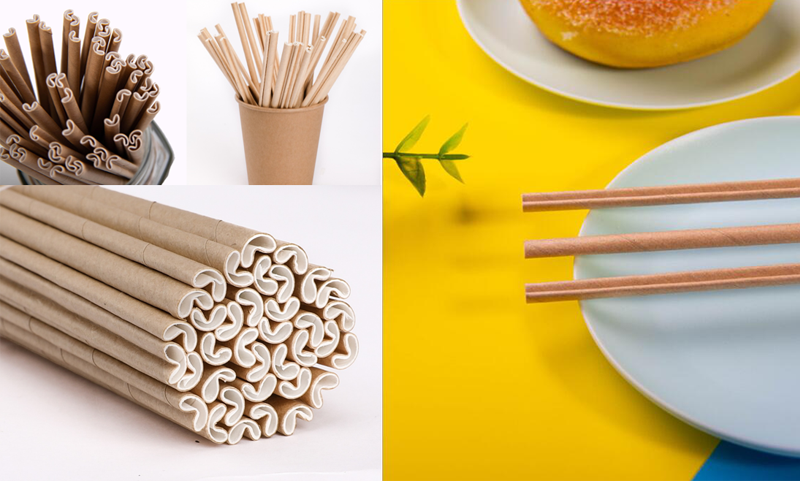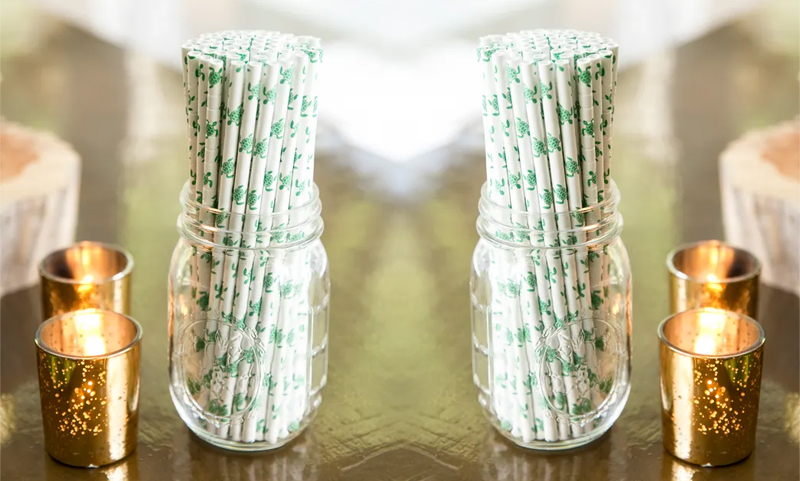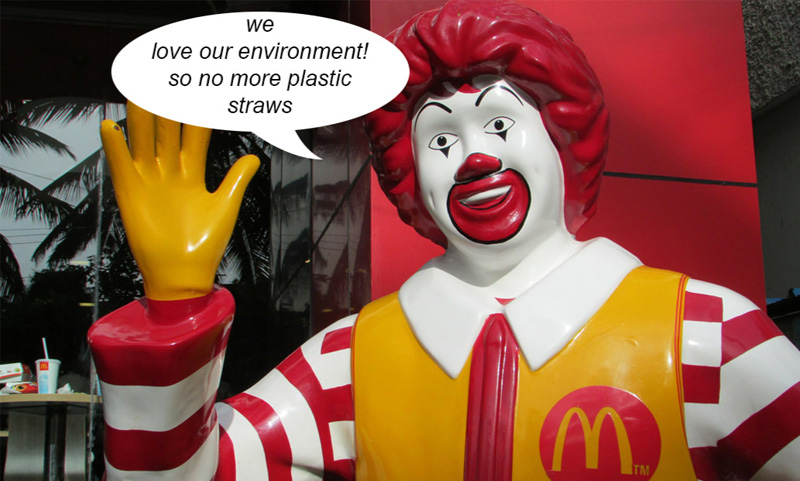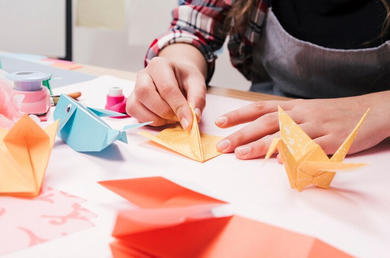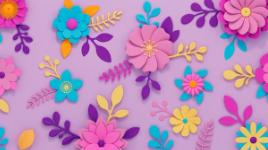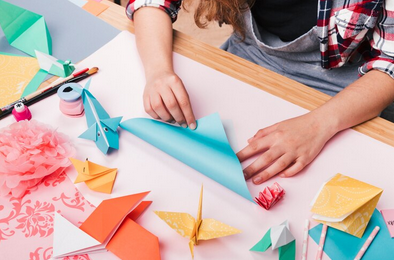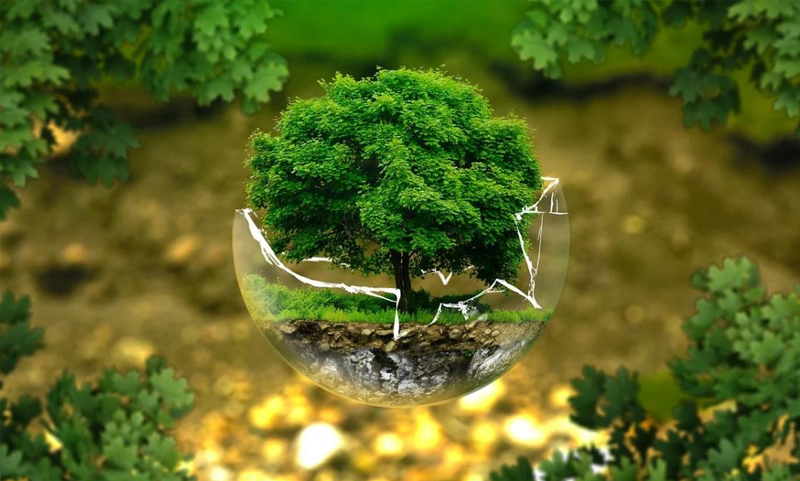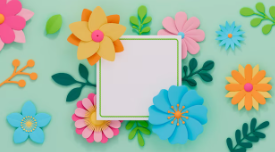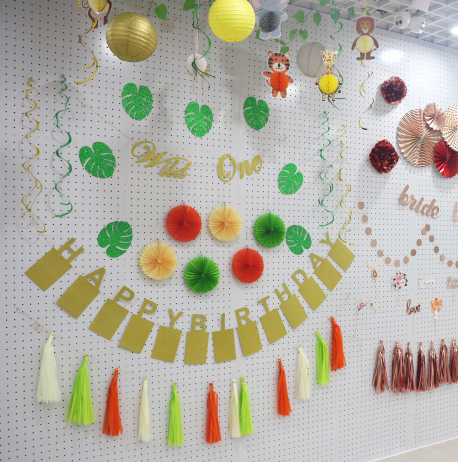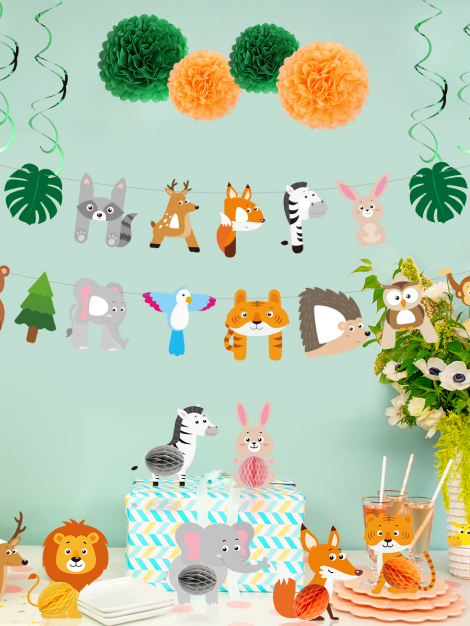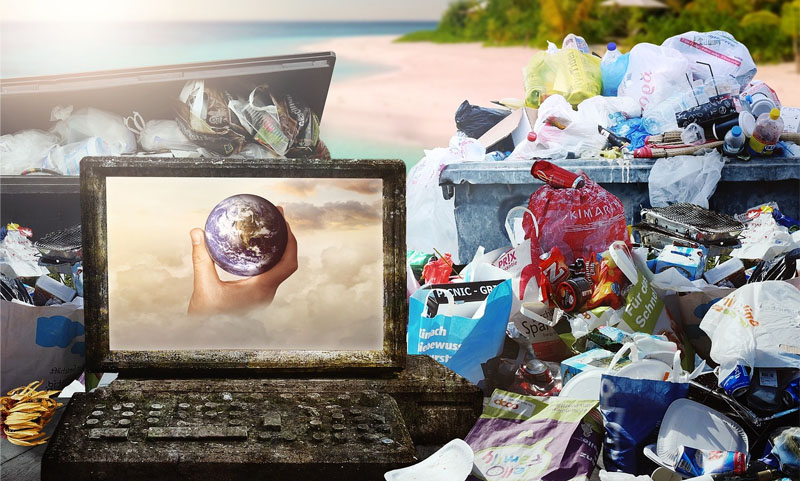
For use in the 21st century, green sustainable development is a topic that definitely needs to be given certain attention. At present, it is believed that more and more people and even some enterprises have established their environmental awareness. There are also much younger persons are valuing the performance of the brand concept in environmental protection. In recent, plastic pollution has become a topic that has attracted much public attention.
How many damages can plastic pollution really bring?
Have you ever thought about the potential damage of plastic pollution?
For most of us, our first reaction may be the “visual pollution “or “potential damage” caused by plastic pollution. However, in fact, we do not have a much clearer and deeper awareness about it.
To be specific, plastic may lead to the appropriation of land. The plastic garbage can remain in nature for as long as 200 to 400 years. Some can even last for 500 years. Not only the land is affected, but the water is also vulnerable to plastic pollution. If the animals ingest the plastics mistakenly, this will cause indigestion that further lead them to die of starving.
Besides, most of the plastic wastes are combustible materials that could cause potential fire disasters. After encountering the environment, it is very difficult to degrade, and this will cause long-term and deep ecological environmental problems.
In 2017, China produced 75.15 million tons of plastic products, including more than 14million tons of plastic packaging films like plastic bags. In order to produce these plastics, China has to import a large amount of crude oil and synthetic resins. At present, China’s import dependence on foreign oil is 72.3 percent. The cost of synthetic resin consumes 33.6 billion US dollars.
At the same time, the plastic packaging film product is light in weight, large in volume and its oil stains are difficult to clean. Thus, there are almost no people to recycle it, which is equivalent to consuming a large amount of foreign investment to produce a lot of wastes.
To tackle plastic pollution, the world is on the move.
In recent years, plastic pollution has drawn close attention at home and abroad. The United Nations (UN) designated the theme of “World Environment Day in 2018” to be “Beat Plastic Pollution” to call for concerted efforts to tackle single-use plastic pollution. In the same year of July, The United Nations Environment Program (UNEP) released <Single-use Plastics: A roadmap for Sustainability> which analyzed global plastic pollution and attempted to propose related solutions.
Currently, a number of countries and regions have launched campaigns on plastic restrictions. Their attitude towards plastic has changed from plastic restrictions to plastic bans.
On March 27, 2019, The European Parliament voted overwhelmingly in favor of “Ban on Plastic”. As required, the EU member states will ban 10 single-use plastic products, such as single-use plastic tableware, plastic cotton swabs, plastic straws, and plastic stirring rods by 2021.
We have seen the efforts of countries around the world. According to incomplete statistics, 15 countries or regions have issued a ban on plastic products within just half a year time.
Innovation is the key to tackling plastic pollution.
The F&B industry is the major industry that is involved in plastics. With the regulation of “Ban on Plastic” issued, the F&B industry has camp up with different standards on a large scale. The beverage industry leading the usage of paper straws become a hot topic in a short while.
As soon as paper straws are produced, they received enormous ridicule from the consumers. “hard-to-use” and “anti-human” became the labels of paper straws. The agenda of environmental protection will definitely affect people’s living habits. Are there any opportunities for enterprises to find a new way out?
To solve the problem of plastic pollution, we need to find solutions that could balance environmental protection with the individual experience of humans. However, many designers of factories are only focusing on the environmental protection of materials but fail to take the user experience into account.
Innovation is the key to the sustainability of environmental protection. Yizhi pays attention to the green development of environmental protection and also takes the feelings of consumers into account.
Harbora Paper strictly implement a series of testing standards, it has made the papers straw reach the ultimate of high-quality, high-attractiveness and true safety. With the biodegradable and traceable paper source, we use edible materials like raw pulp paper to ensure the children and pregnant women to use the products more assuredly. The four-layer thick paper greatly increases the toughness of the paper tableware and brings a much more comfortable dining experience.

Harbora Paper adheres to the vision of “Facilitating 2 billion people’s healthy and environmentally friendly dietary experience worldwide”. Starting from the enterprise level and standing on the basis of completing the structural upgrading, Yizhi aims to boost global environmental protection and make quality environmental protection be people’s life attitude!






